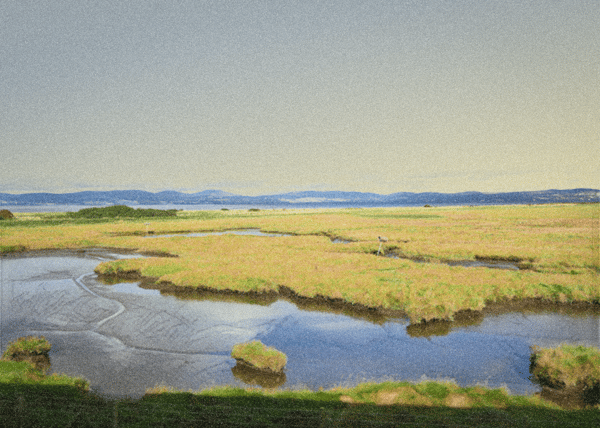It's only over when it's over
We were almost there. The Nature Restoration Law (NRL), legally binding member states to restore 90% of damaged ecosystems by 2050, was supposed to undergo its final approval in the European Council on Monday. In typical fashion for the legislation, everything changed at the last minute.
The final vote was delayed indefinitely by the Belgian Presidency of the European Council. It is now not only unknown whether the NRL will come into force before the European elections in June, but if it will survive at all.
As a key part of the European Green Deal and the first law of its kind, the NRL is long overdue: more than 80% of European habitats are already ”in poor shape”, according to a study by the European Environment Agency. Without regulation, the conditions of these habitats across Europe are, of course, expected to become worse.
The vote on the NRL was delayed after Hungary withdrew its support at last Thursday's Council meeting, but that is not the only reason. The Netherlands, Sweden, Poland, and Italy also oppose the NRL. Previously, the centre-right European People's Party, the European Parliament’s largest political group, was accused of spreading disinformation about the NRL.
The final nail in the NRL’s coffin was lobbying. The Belgian Prime Minister Alexander de Croo is accused of lobbying other member states to vote against the bill, an accusation that multiple embassies have since confirmed.
The delay is a problem for many reasons. Not only is it unclear when the NRL is expected to pass now, but the anticipated electoral victory of far-right parties at the European elections is not exactly raising hopes for the NRL to find much support from national governments in the future.
The NRL, much like other EU Green Deal legislation, has been politicised following the farmers’ protests across Europe. Described as a “burden” on farmers, opponents of the NRL conveniently ignore the urgency of nature restoration for both the environment and agricultural land itself. Greenpeace campaigner Špela Bandelj Ruiz summed this sentiment up by saying that governments “are playing with the lives of future generations, and the livelihoods of the farmers they claim to protect.”

